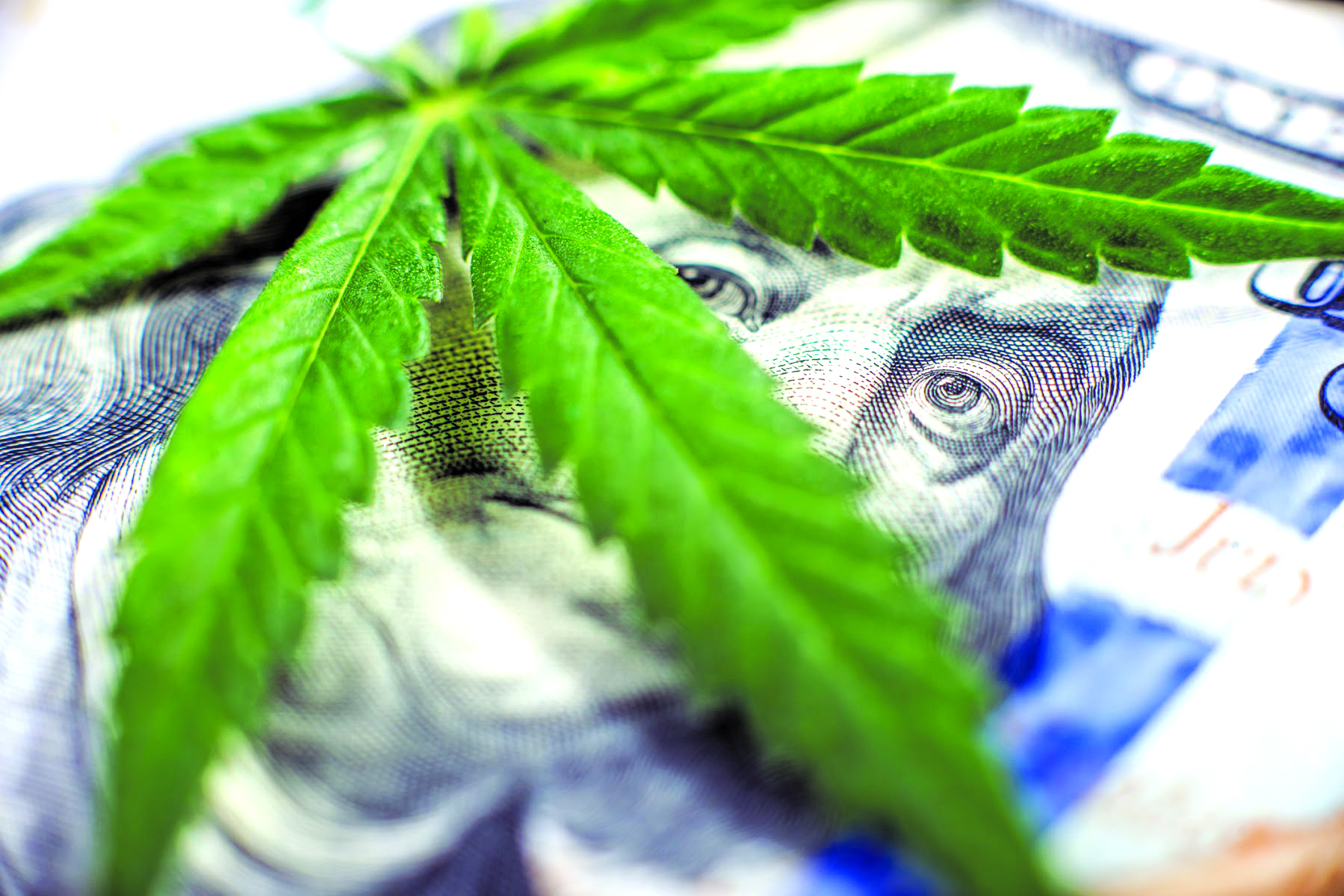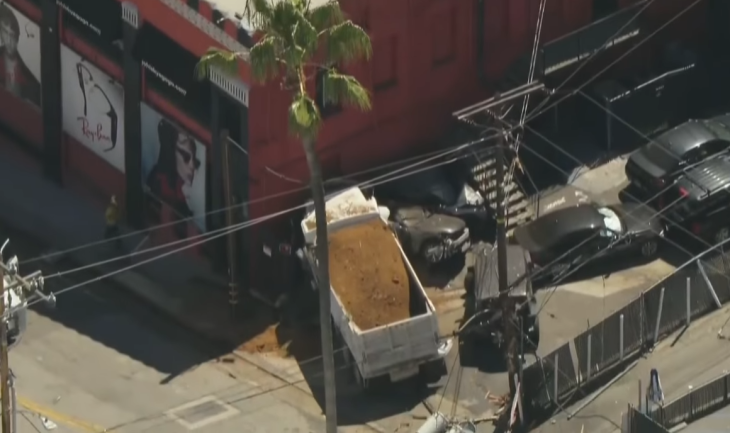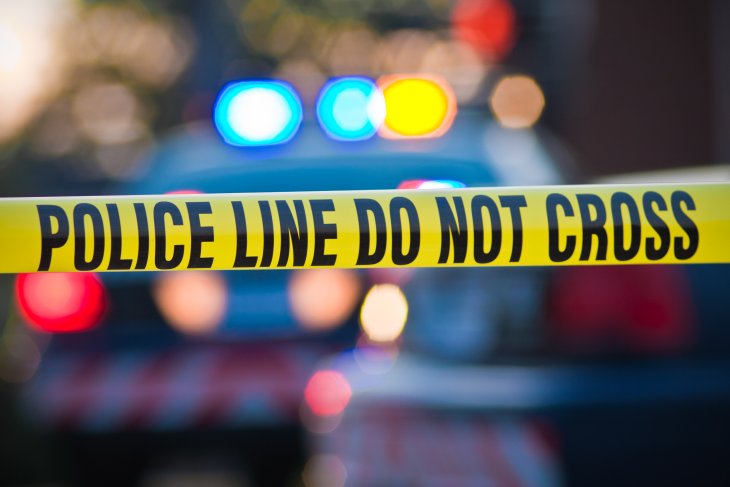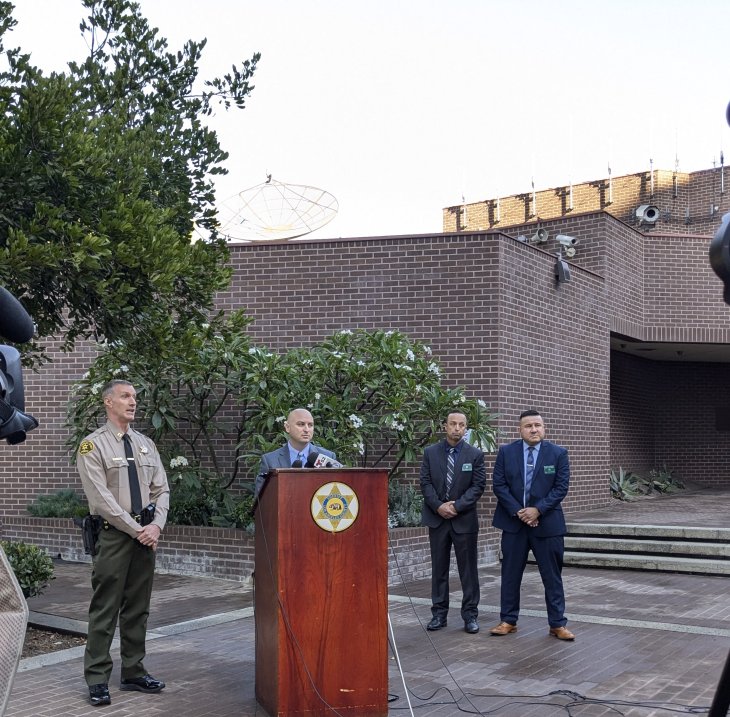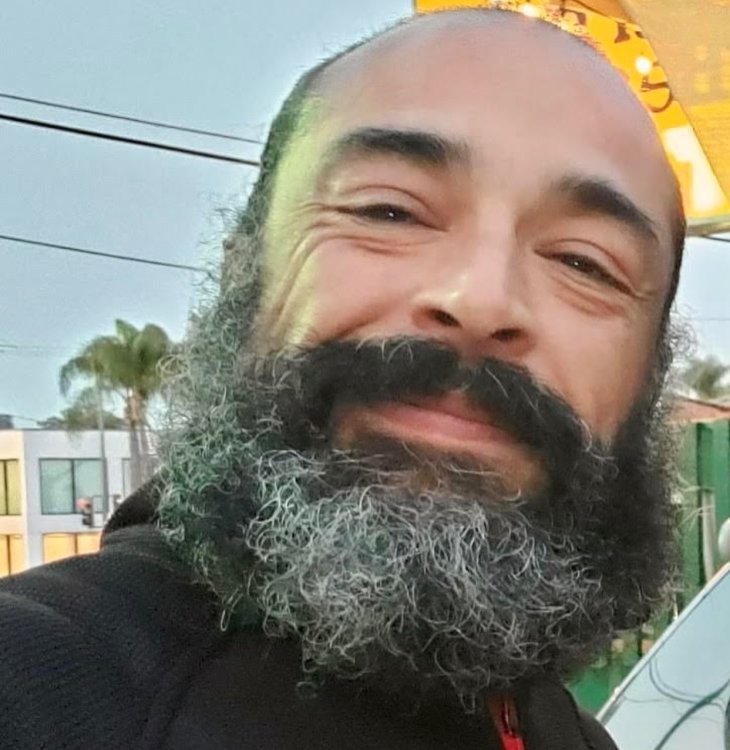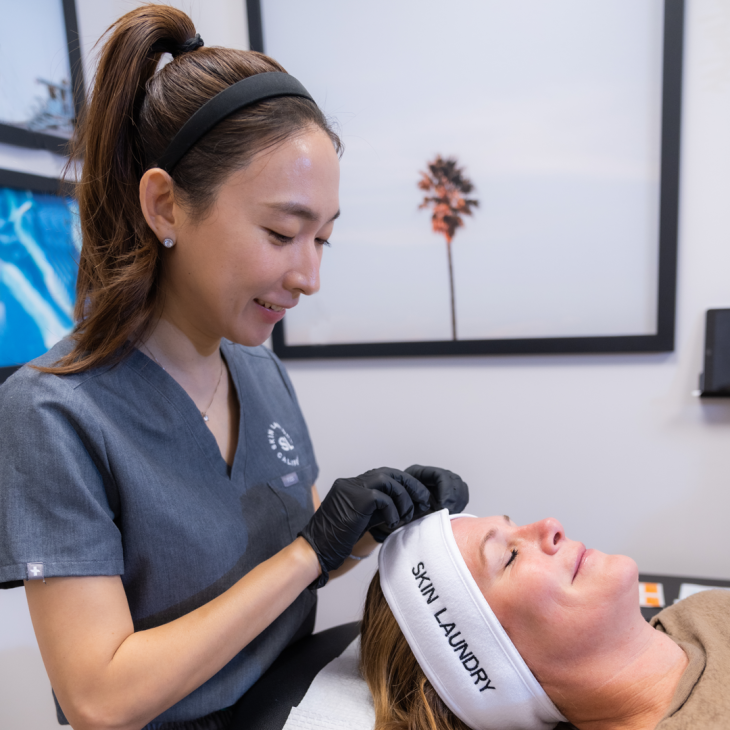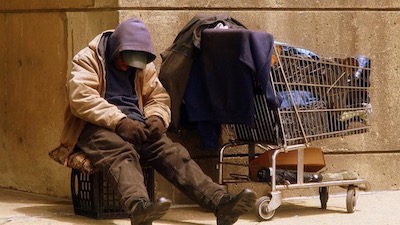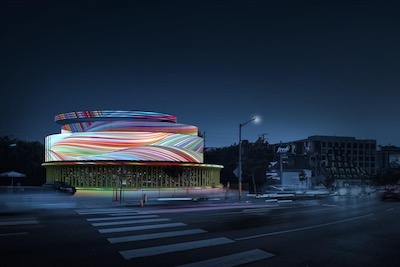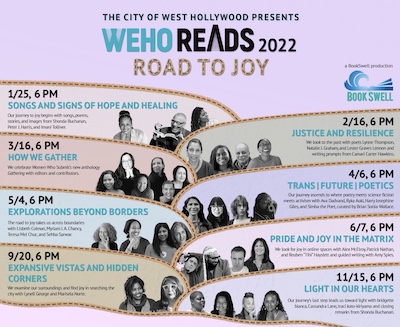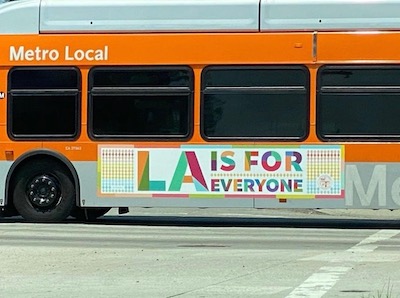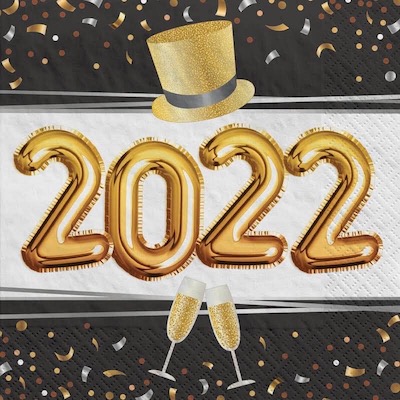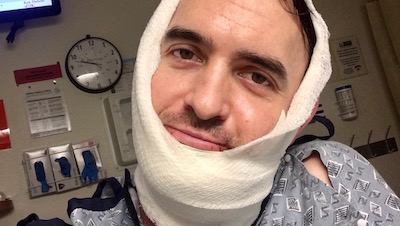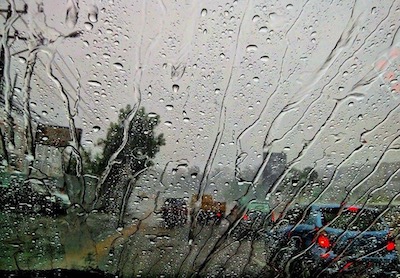Beginning on Tuesday, January 2, West Hollywood became host to a peculiar sight: lines of people snaking down entire city blocks to purchase legal marijuana. Lining the sidewalks of Santa Monica Boulevard, diverse crowds have already begun, in the weeks since, to assemble themselves into orderly single files that all end at telltale green plus signs, or sometimes the less subtle five-fingered green leafs.
Yes, January 1 ushered in a new day for California: legal marijuana (if you’re 21 or older). But the catch? The only dispensaries who will be selling the green stuff beginning in the new year are all in West Hollywood. The West Hollywood City Council has granted temporary recreational licenses to four pot shops while they evaluate the retailers who will receive permanent licenses. This explains why it looks like a much calmer version of Black Friday across WeHo.
Ultimately, WeHo will authorize eight cannabis retail sales licenses, eight medical dispensary licenses, eight licenses for cannabis smoking lounges attached to cannabis stores, and eight licenses for lounges attached to cannabis stores where cannabis-laced goodies can be consumed.
Apparently, the other cities in L.A. County didn’t get their act together fast enough to take advantage of the January 1 change. Beating cities like Long Beach and Santa Monica, West Hollywood is the only one to have a regulatory framework in place to allow for weed sales beginning in 2018. Before a dispensary can obtain the necessary state permit, it first needs a local license.
Medical marijuana dispensaries, a fixture in California state for years prior to January, now find themselves in an uncertain position. With readily available weed poised to hit the market, it seems less likely that consumers will go through the process of getting medical authorization.
But medical dispensaries have two advantages. First, they do not have to charge the additional 9.5 percent sales tax that is levied on recreational pot sales. Second, like alcohol, recreational weed is only available to adults 21-years-old and over. With a medical marijuana card, even adults between the ages of 18 and 21-years-old can purchase cannabis.
Either way, the city of West Hollywood is poised to be a major winner in the changing landscape. In 2017, the city collected $15,000 from medical dispensaries in licensing fees. In 2018, the city estimates that it will generate licensing and application revenues between $400,000 to $500,000.

